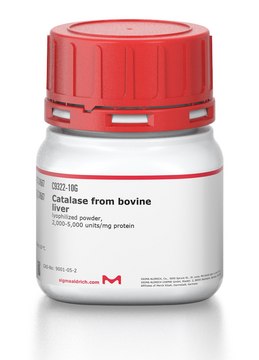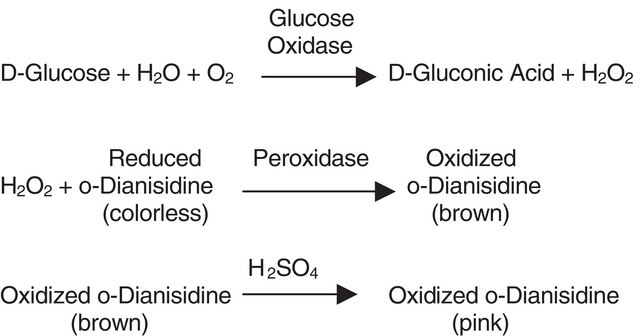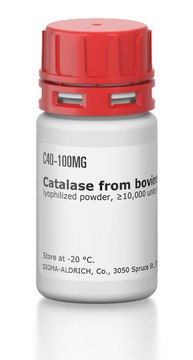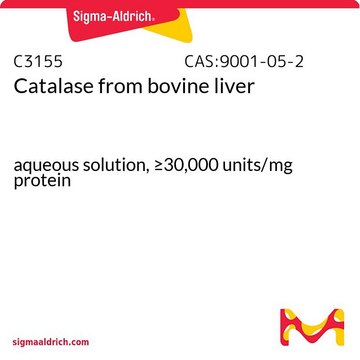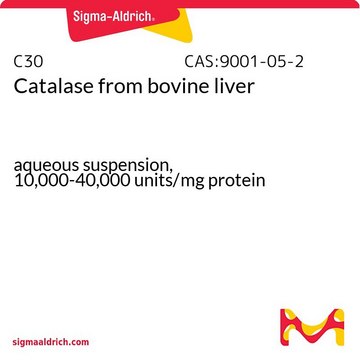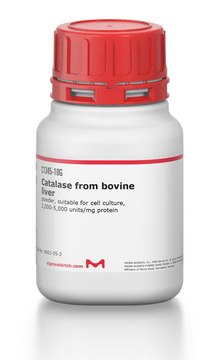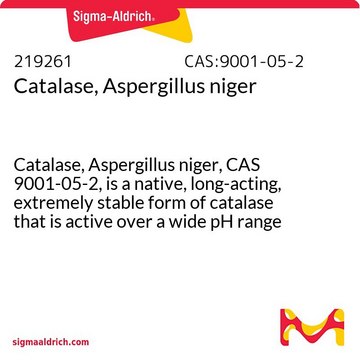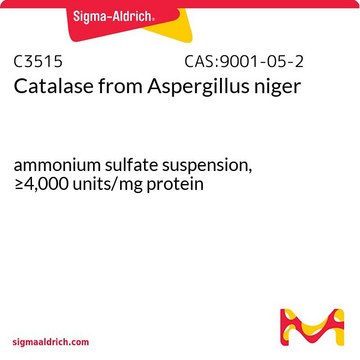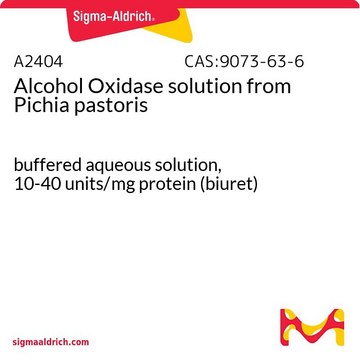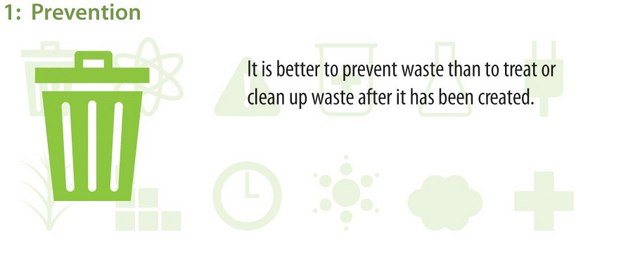P4234
Pyranose Oxidase from Coriolus sp.
recombinant, expressed in E. coli, ≥2.7 units/mg solid
Synonym(s):
Pyranose: Oxygen 2-Oxidoreductase
Sign Into View Organizational & Contract Pricing
All Photos(2)
About This Item
CAS Number:
MDL number:
UNSPSC Code:
12352204
NACRES:
NA.54
Recommended Products
recombinant
expressed in E. coli
form
powder
specific activity
≥2.7 units/mg solid
shipped in
wet ice
storage temp.
−20°C
General description
Pyranose oxidase (P2O), a homotetrameric protein consists of a covalently bound flavin adenine dinucleotide (FAD). It is seen mostly among wood-degrading basidiomycetes.
Application
Pyranose Oxidase from Coriolus sp. has been used in the enzymatic oxidation of D-glucose (DG). It has also been used as a component in oxygen scavenging system (OSS) to increase the lifetime of the fluorophores.
Biochem/physiol Actions
Pyranose oxidase (P2O) can be used in clinical chemistry to determine 1,5-anhydro-d-glucitol marker, used for glycemic control in diabetes patients.
Pyranose oxidase (P2O) catalyzes the oxidation of aldopyranoses at position C-2 to yield the corresponding 2-ketoaldoses. The in vivo substrates of P2O are thought to be D-glucose, D-galactose, and D-xylose. They are oxidized to 2-keto-D-glucose (D-arabino-hexos-2-ulose, 2-dehydro-D-glucose), 2-keto-D-galactose (D-lyxo-hexos-2-ulose, 2-dehydro-D-galactose), and 2-keto-D-xylose (D-threopentos-2-ulose, 2-dehydro-D-xylose), respectively. Pyranose oxidase has significant activity with carbohydrates such as, L-sorbose, D-glucono-1,5-lactone, and D-allose. When pyranose oxidase catalyzes the oxidation of aldopyranoses, electrons are transferred to molecular oxygen which results in the formation of hydrogen peroxide.
Unit Definition
One unit produces 1.0 μmol of hydrogen peroxide per minute at 37 °C, pH 7.0.
Other Notes
Contains glutamate
Signal Word
Danger
Hazard Statements
Precautionary Statements
Hazard Classifications
Resp. Sens. 1
Storage Class Code
11 - Combustible Solids
WGK
WGK 1
Flash Point(F)
Not applicable
Flash Point(C)
Not applicable
Choose from one of the most recent versions:
Already Own This Product?
Find documentation for the products that you have recently purchased in the Document Library.
Customers Also Viewed
Our team of scientists has experience in all areas of research including Life Science, Material Science, Chemical Synthesis, Chromatography, Analytical and many others.
Contact Technical Service